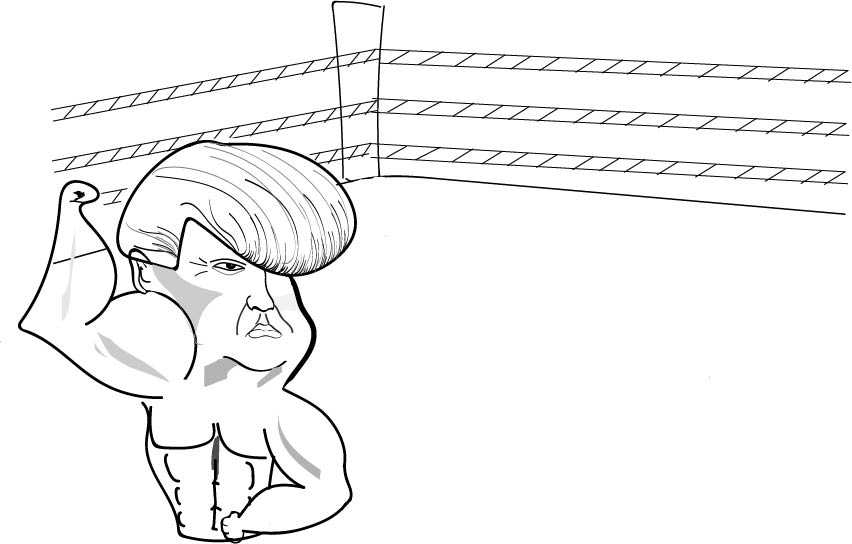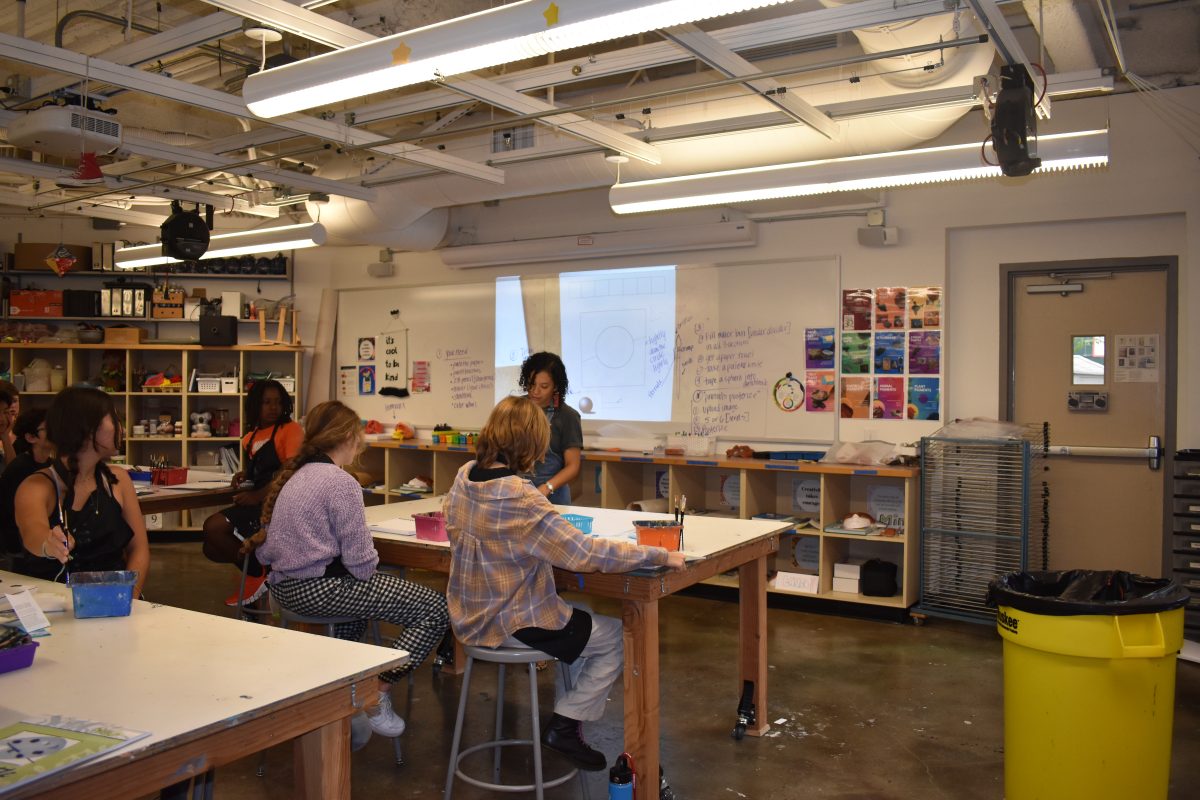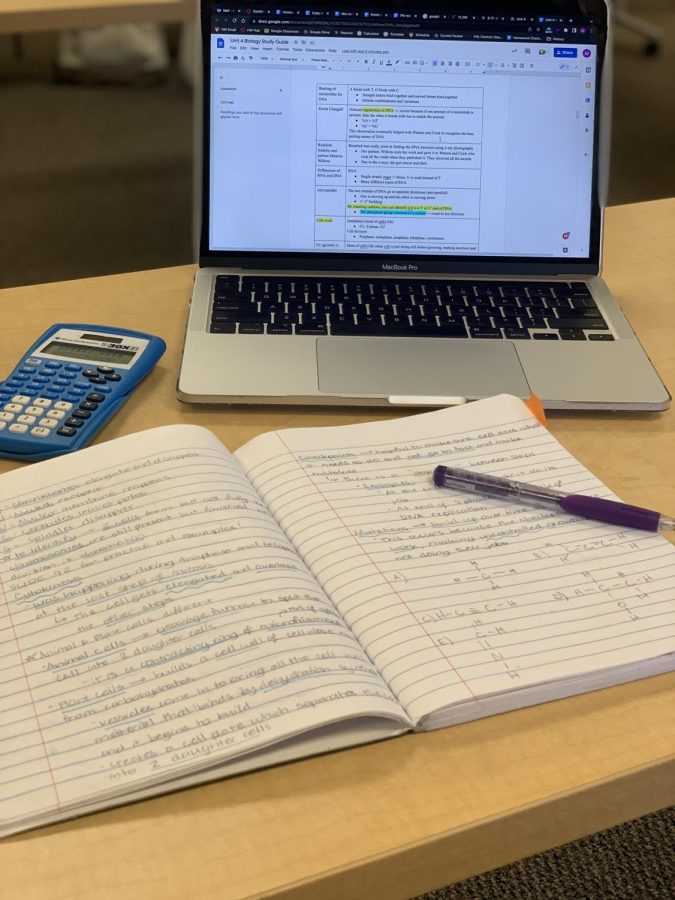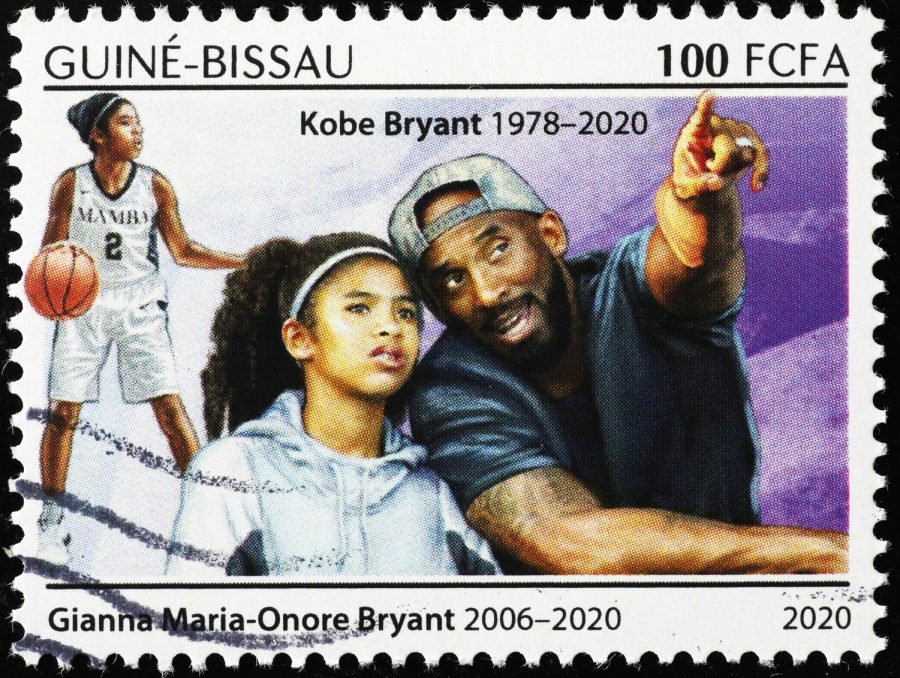By David Arkow ’20, Jessa Glassman ’20 and Amelie Zilber ’20
The 2016 Presidential Debate at Hofstra University between main party candidates, Donald Trump and Hilary Clinton, took place on Monday, September 26. The candidates fought over issues such as tax rates, regulations, trade, foreign policy and the refugee crisis. The candidates also debated about personal issues, including personal taxes, past statements about women and african-americans and e-mails. The first presidential debate was the most watched debate of all time, with a viewership of over 84 million people.
LEFT
On Sept. 26, in one of the most anticipated and widely watched debates in modern American history, Hillary Clinton and Donald Trump faced off. This marks the first of three debates they will hold before Election Day.
Clinton, the Democratic nominee, gave a crisp, polished, and if not always inspiring, professional performance. Trump, on the other hand, was aggressive and meandering, rarely landing strong points, followed by substance-less promises and hard to follow responses. The two debaters engaged with one another on topics ranging from America’s direction, achieving prosperity and security.
Clinton dominated with a commanding performance, delivering an array of cultivated answers on subjects ranging from race to the Middle East to tax policy. She was poised and assertive, which contrasted with Trump, who spattered jargon and chastised her for having prepared for the debate.
“I think Donald just criticized me for preparing for this debate. And yes, I did. And you know what else I prepared for? I prepared to be president,” Clinton said in the debate.
Attacking Trump, Clinton called him out for refusing to release his tax returns, stiffing contractors he hired, inciting anti-Obama conspiracy birth theories, mocking black Americans and spreading lies to make his inconsistent policies more palatable. Although occasionally hesitant, Clinton remained calm and composed, smiling as Trump berated her with falsities.
Clinton presented a strong command over the urgent issues of our nation at the debate, and it was clearly a win for her.
Much like the first debate, a win for the second debate steered in a direct path towards Clinton. A rattled and defiant Trump sought Sunday’s debate as a way to direct the conversation away from the video of him reflecting on his ability to sexually assault women that sent his presidential campaign into a tailspin. While trying to defend the comments in the video, the Republican nominee mixed qualified contrition with angry counterattacks on Clinton, pushing undecided voters even farther away from his campaign.
Trump blamed Clinton of dismissing women who have accused her husband of sexual assault and demanded that she be “ashamed” for discussing his personal affairs. However, Clinton held her head high, wearing a poker face of disinterest as Trump stayed on the attack. Even more strikingly, Trump pledged to appoint a special prosecutor to investigate Clinton’s email controversy, letting his opponent know that if he were elected, “you’d be in jail.”
Clinton’s performance was astonishing. She rarely interrupted Trump, and although she used harsh words toward the video and his candidacy, Clinton also avoided direct controversial statements. For example, she indirectly alerted viewers to take notice of the dozens of prominent Republicans who have revoked their support for Trump over the weekend.
“This is who Donald Trump is, and the question for us, the question our country must answer, is that this is not who we are,” Clinton said.
As polled by the viewers, Clinton pulled a strong win for her party in both debates.
RIGHT
“[Hillary Clinton is] a typical politician. All talk. No action. Sounds good. Doesn’t work. Never gonna happen,” Donald Trump said in the first debate on Sept. 26.
With those words, Trump tried to connect with the undecided voters and was successful in portraying himself as the outside-of-politics man that can bring about real change in our country.
The Republican Presidential Nominee Donald Trump debated Democratic Nominee Hillary Clinton in two of three presidential debates. The first debate was held on Sept. 26 at Hofstra University in Hempstead, NY and was moderated by Lester Holt, anchor of NBC Nightly News.
For most people, the debate serves as 90 minutes to justify their decision in choosing the candidate they support. For others, it allows them to weigh the two candidates side by side and see whose policies they favor. Polls heading into the first debate showed the race narrowing, including a Washington Post/ABC News Poll that had Trump and Clinton deadlocked at 41% among registered voters.
The first debate began with the discussion of “American Prosperity,” or the economic plans of each candidate. Their policies remained the same with Trump talking tough on foreign trade, by promising to withdraw from the Trans Pacific Partnership and re-negotiate the North American Free Trade Agreement. He also said he would make it easier for businesses to operate in America with fewer taxes (35 to 15%) and regulations. Clinton spoke of creating more jobs, more opportunities for the middle class and other public government programs, but failed to mention how she would accomplish her goals.
When Trump asked Clinton what her actual plans to achieve those goals were, Clinton responded, “I’ve written a book about it. It’s called ‘Stronger Together.’ You can pick it up tomorrow at the bookstore.” Her failure to respond directly to his question showed that she cannot deliver all of these positive reforms. The debate continued with topics such as race relations in America and cyber security.
For the first part of the debate, Clinton seemed to have memorized scripted responses. Trump, in his typical style, sounded more organic and natural (probably due to the lack of preparation) which came off as less eloquent than Clinton. Trump was more aggressive than Clinton in the first half when the debate focused on economic policies. He showed why he, as an outsider, can bring jobs and businesses back to America by being tough on trade, while Clinton has failed to make any major reforms with 30 years of political experience. Clinton’s strongest part of the debate was when she addressed Trump’s controversies on the Obama Birther Issue and releasing his tax returns. While these are truths about Trump and he can try to deny or justify them with complicated answers, the real matter is who would make a better president. What matters most in electing a president is who would improve our economy, national security and other issues that concern our country rather than one’s personal past. A Time poll showed that 54% of people thought Trump won the debate and a CNBC poll found Trump winning 2 to 1 against Clinton.
The second debate was held on Sunday at Washington University in St.Louis, MO. The debate was a town hall format with pre-selected undecided voters asking the candidates questions. The debate was moderated by ABC News Martha Raddatz and CNN’s Anderson Cooper. A Qunnipac Poll had Trump trailing 5 points to Clinton due to the discovered tape of his lewd comments about women with NBC’s Today Show’s Billy Rush. This debate was not strong from either side as the first half focused on the recently discovered Trump tape. The second half focused on policies including health care, the conflict in Syria, alternate energy, refugees and relationships with Muslims in America. Overall, this debate easily could have been Clinton’s chance to knockout Trump, but she did not seem to do so, and Trump’s campaign is still alive. There is no clear winner for the second debate as there was for the first, but Trump was successful in his mission of keeping the campaign alive.
CENTER
During most presidential elections, voters are able to find a nominee that they can confidently support throughout their candidacy. In the current election, however, that has not been the case. Many citizens have been choosing to support a candidate based solely on who they believe is the lesser of the two evils. Unfortunately, the American people find themselves discussing and questioning things like the morality of the candidates, tax returns and emails rather than what is really important, like immigration, tax plans or even national security. Every political conversation devolves to a candidate’s flaw. While many wish this was not the case, the the election has surpassed the point where this could be changed. For those who plan to vote based on whom they dislike less, or for those who associate in a certain party but do not agree with that party’s candidate, choosing someone to get behind can be very difficult.
Even though topics like foreign policy, social issues and more are not discussed as much as in past elections, it is important that voters keep in mind the candidates’ points of view. Since the candidates’ lives both include scandal and moments of outrageous behavior, rather than focusing solely on who better fits a specific moral code, voters should keep it in consideration and think about political views above all. It is entirely important that voters think about who is better suited for a presidency, and that should include thinking about candidates’ qualities and how they interact with others. Issues like deleted emails, tax returns and inappropriate video-taped conversations do not belong in a presidential election. It is extremely unfortunate that these are involved and must be evaluated by the nation.
When looking at this election, the debates are supposed to be a mechanism for the voter to use to solidify their candidate choice. While this year’s debates, held on Sept. 25 and Sunday tended to start off with substantive topic discussion, they progressively became less and less educational. Both candidates fired at each other and very little important discussion took place. The candidates picked at many of their opposition’s positions and posed questions about personal information, however for the most part suspicions are never answered. It was difficult to evaluate policy and plans when the majority of the debates seemed like fighting and conversation about scandals that should not be present in our future president’s life.
Using the vice presidential debate as a tool in figuring out where to vote is also significant. While the vice president is not someone who would hold nearly as much power as the president, they still are going to be working in the Oval Office. The vice presidential candidate should be analyzed as well as their running mate just to make sure there is nothing alarming about them, or even to help pick who a voter wants to support if they can not make up their mind. Another way to help allocate a vote is to think about the supreme court. The upcoming president will also appoint another justice, so a vote for a democrat likely puts a democrat in the supreme court and the same for other parties.
Declaring support for a candidate is usually a quick choice; however, this election has not proven so. Regardless of whether or not people are decided on who they will vote for, everyone should watch the debates because it is important to see how our future president stands on certain issues.









